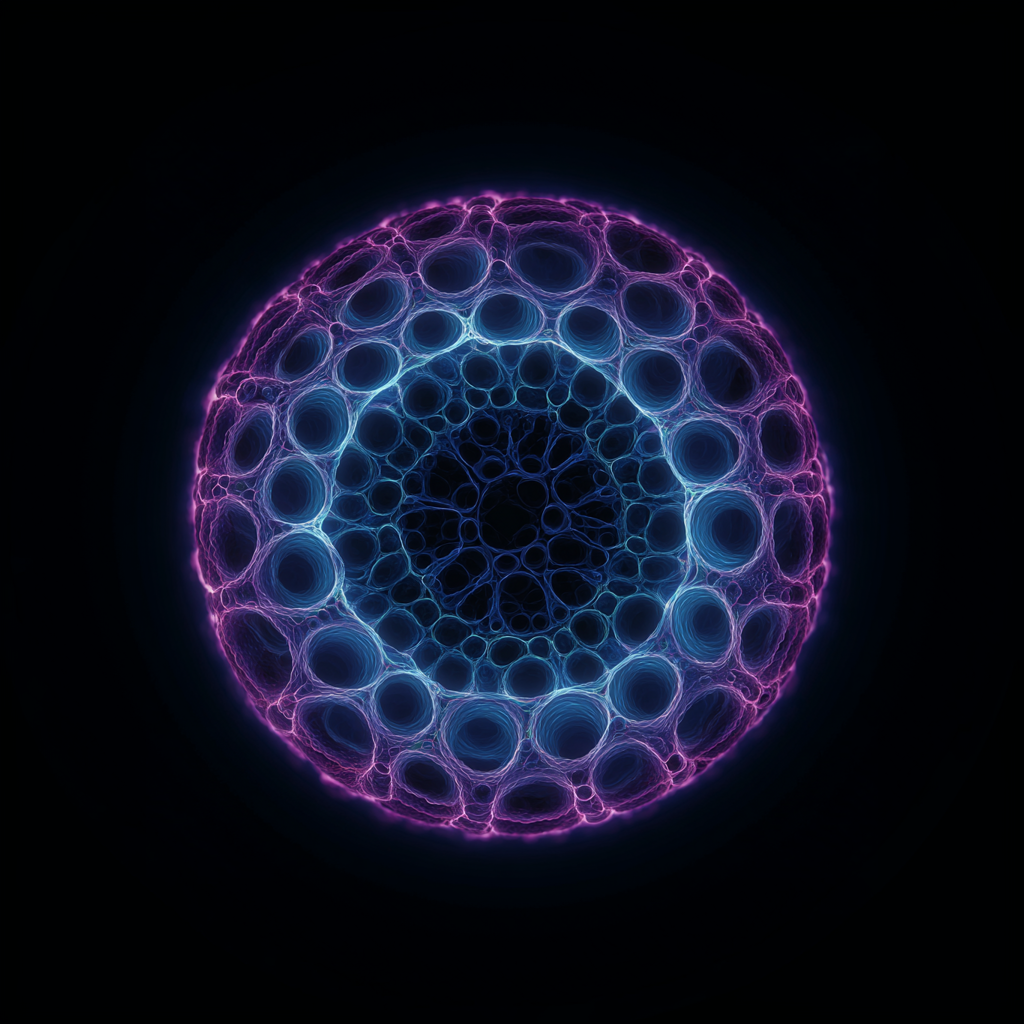She used to move fast. Now she moves with purpose. And it’s changing everything.

The system builder who chose stillness: How Bina Maniar is rewriting rare disease research from the inside out.
The system builder who chose stillness: How Bina Maniar is rewriting rare disease research from the inside out.
Bina didn’t set out to lead a rare disease movement.
She spent the early part of her career flying around the world - evaluating billion-dollar healthcare mergers, managing deals, running at a speed and scale few people could keep up with. She was sharp, fast, and strategic.
And then her daughter Karina was diagnosed with a rare Chromosome 8p disorder at just eight months old.
It changed everything.
There was no treatment. No roadmap. No understanding of what it meant for her daughter’s future. Just a structural rearrangement on the 8th chromosome - and a world of unknowns.
“Nobody had information. I was scared to even Google it. I cried through an entire box of Kleenex on the way home.”
“Through my job in the healthcare field we were spending billions - on what? Who was actually being helped?”
So she left her career and pivoted.
First as a mother. Then as a founder. Then, as something else entirely.
Project 8p was born from necessity, but shaped by transformation. And in the beginning, Bina approached it with the same fire that built her former career. Fund fast. Move fast. Solve now. But the old rules didn’t work here. There was no strategy deck for this. No system built for the complexity of her child’s condition. And no one coming to build it for her.
She poured everything into fundraising and translational research. But something was off. She was working relentlessly - but she wasn’t feeling anything.
“I was in CEO mode, not human mode. I had completely disconnected from emotion - because it was safer that way. But I learned that feeling again was the key to doing this right. The only way to lead was to listen.”
She had become what she now calls “an empty shell.”
So she slowed down.
She paused.
She got quiet enough to listen.
“In the stillness, I found my own heart again. And I realized that heart had to be part of the strategy.” What began as research turned into something far more radical - a redesign.
Today, Project 8p isn’t just another rare disease nonprofit. It’s a human-centered, data-driven blueprint for what’s possible when we design for families first. Now, every decision at Project 8p is grounded in the everyday reality of families. "Their care, their challenges, their children’s lived experience is the first input - not the last. Because if it doesn’t change something for them - it doesn’t move forward."
“We stopped making decisions based on what sounded good in a grant. We started making decisions based on what actually improves life for families right now.”
Every research investment. Every partnership. Every line of code. It all begins with the families.
“If the science doesn’t serve their daily reality - it doesn’t move forward.”
That shift is what makes Project 8p different.
They’ve reprogrammed patient cells into stem cells. They’re building a biobank and a connected clinical data platform. They’re running functional compound screens. They’re using AI to identify shared pathways across phenotypes and disorders.
For Bina, it’s not about staying in one lane - it’s about building for the whole highway.
“We are not too rare to matter. Chromosome 8p impacts hundreds of genes - many with ties to more common conditions. Studying us doesn’t just help us. It helps everyone.”
When you ask Bina what a win looks like, she doesn’t talk about an IPO or a miracle cure.
She talks about love and communication.
“If we can help our kids express themselves - through movement, voice, or even just choice - that changes everything. That’s a win.”
And when asked what she wants Karina to see in her?
Not a symbol. Not a hero.
“I want to be a mirror. I want her to see herself in me - not what I hoped for, not what I lost. Just who she is, reflected back, clearly. Let me be the hardware to her software. Let her run the show. Let me function in service of her design.”
Project 8p isn’t just accelerating science. It’s slowing down enough to remember what the science is for.
That’s what makes Bina’s leadership different.
She’s not here to disrupt for disruption’s sake. She’s here to lead with clarity, heart, and a deep trust in what becomes possible when you start from love - and stay there.
She’s not asking the rare disease world to go faster.
She’s asking it to go deeper.
And then – together - to go further.
- By Effie Parks, CTNNB1 mom & storyteller at Once Upon a Gene. Bearing witness. Following starlight. Carrying the fuel.
Discover more entries
.png)
The Hidden Cost of Slow Science: Opportunity Loss in Human Lifespan
An exploration of how slow-moving science costs people years of their lives, showing that when research drags, the price is paid in lost chances for longer, healthier lives.

.png)
